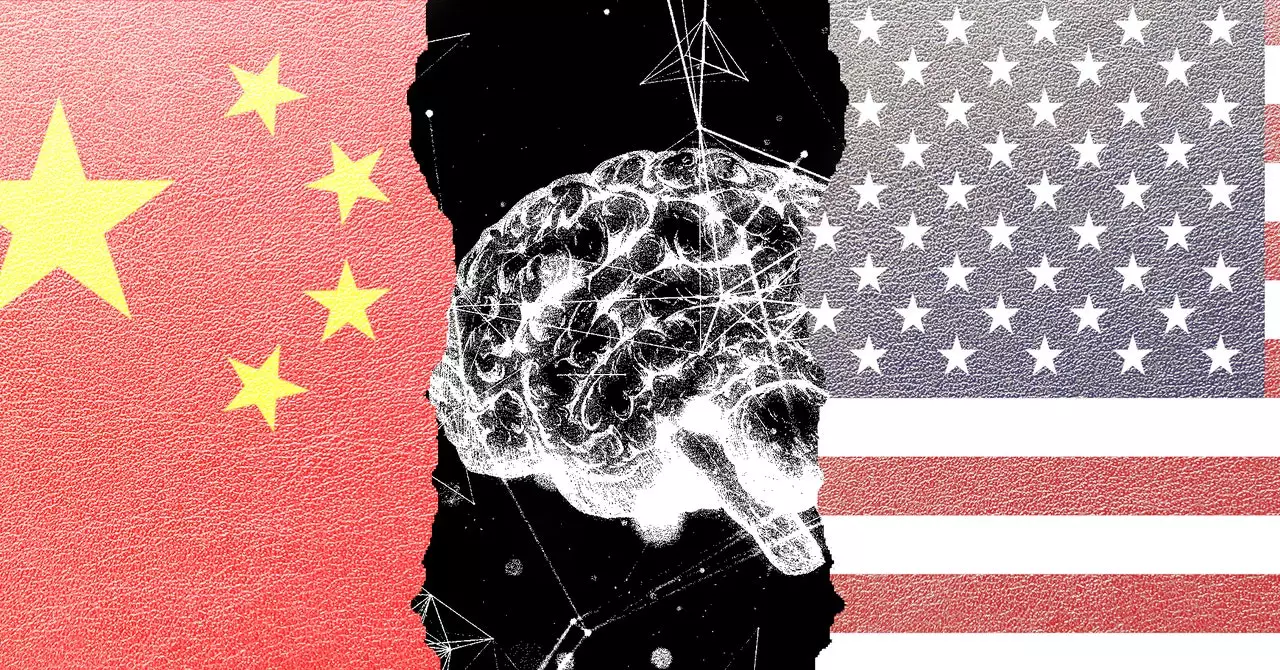The landscape of U.S. investments in Chinese artificial intelligence (AI) startups has taken a significant turn as new regulations from the Treasury Department roll out. Investors are finding that the burden of due diligence now falls heavily on their shoulders, requiring extensive research and analysis when considering transactions in this sector. Unlike previous frameworks, such as the Committee on Foreign Investment in the United States (CFIUS), which provided a structured review of foreign investments, the current guidelines compel investors to actively assess whether a Chinese AI company falls under government scrutiny.
Even if the technical specifications of a startup’s AI model do not surpass the threshold of 1,025 FLOPS, the onus is still on U.S. investors to notify the Treasury for any model that has a processing capacity of at least 1,023 FLOPS. This stipulation broadens the scope considerably, engaging nearly all large-scale AI models in existence today, which demands that investors conduct thorough analyses and maintain comprehensive documentation of their findings.
The outbound investment restrictions, set to take effect on January 2, pose substantial hurdles for venture capitalists (VCs) with international portfolios, making it more challenging to navigate the investment landscape efficiently. Legal experts like Robert A. Friedman have emphasized that the manual due diligence required will likely create significant obstacles and delays in the funding process. While domestic AI firms may be celebrating the protective measures against their Chinese counterparts, VCs may be left grappling with the consequences.
Additionally, some flexibility is anticipated as the Treasury Department continues to refine these regulations. Yet, this uncertainty brings concern about how effectively investors can engage with Chinese AI startups under these new constraints. The heightened scrutiny not only complicates investment transactions but may also stifle innovation and collaborative efforts in the AI space that could potentially benefit both nations.
The U.S. is not acting in isolation. The Treasury Department has indicated plans to collaborate with allies, particularly within the G7, to implement similar restrictions on Chinese investments. This strategic alignment could more markedly curtail opportunities for Chinese AI companies to secure capital from overseas investors in allied countries such as Canada, Japan, and members of the European Union.
Such international coordination signals the seriousness with which the U.S. government views the competitive stakes in AI development, raising the bar for Chinese entities looking to engage with global venture capital. However, this may lead to strained relationships between nations dependent on tech funding from the U.S. and the associated geopolitical tension as investment avenues become narrower.
As speculation builds around the political implications of these regulations, the prospect of a potential second Trump presidency looms large. Historically, Trump’s administration could pivot significantly toward less stringent regulations that may favor continued engagement with China, contrary to restrictions currently being established.
The venture capital community holds divergent views on the new regulations, with many who supported Trump potentially lobbying for a rollback of these constraints. Notably, influential organizations like Tesla and Blackstone, which maintain substantial investments in China, could find themselves adversely affected by tightened regulations, igniting a complex interplay between lobbying powers and political landscapes.
Experts anticipate a possible expansion of these limitations under a Republican administration, with implications for various sectors beyond AI, potentially encompassing biotechnology and renewable energy as well. The U.S. tech policy strategy, often described as a “small yard, high fence,” implies a targeted approach toward restricting investments in select strategic areas, but future political shifts may redefine the boundaries altogether.
As U.S. investors brace for the impact of these new regulations, the landscape of Chinese AI startups will undoubtedly experience seismic shifts. Navigating the nuanced terrain of due diligence represents not only a logistical challenge but also a strategic pivot that may alter the competitive dynamics within the global AI market. Ultimately, the interplay between domestic policies, international relations, and the evolving technological landscape will shape the future of investments, creating a complex and multifaceted frontier for U.S. investors. The road ahead remains fraught with uncertainties, demanding keen observation and strategic foresight from all stakeholders involved.

